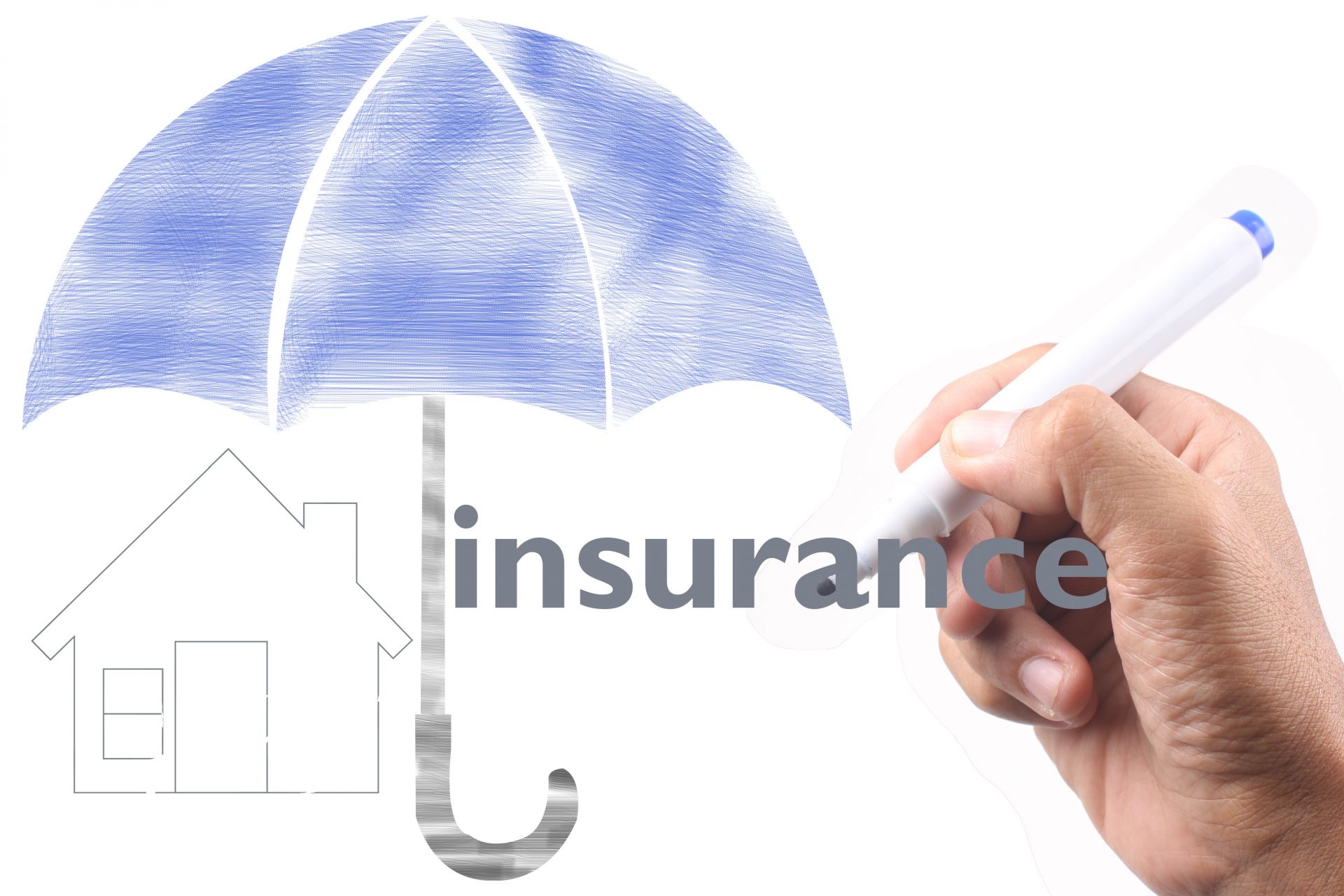
Six Ways to Lower Insurance Costs
Insurance is for many of us a necessary expense. Most states mandate minimum amounts of coverage, and many creditors require you to buy insurance to offset any loss should something happen to your assets. As we all know one of the biggest expenses behind your car payment and home loans is often your insurance. But where it can be difficult to reduce your mortgage payment or car payment, reducing your insurance payment is actually fairly easy and can save you thousands of dollars every year. As an licensed insurance agent I am going to give you six insider tips to get the most for your money.
Beware Too Much Coverage
As an agent many people I see come in for a quote often are paying to much for their insurance, not because the prices are not reasonable but simply put they are being charged for coverages they really don’t need. But what do you need and what don’t you need? Often your best bet is to ask for a bare bones quote with the absolute minimum coverage required by law or creditors, then have them add on the extras according to what you feel you need. Most major insurance companies run on an A la carte system, you pick the options you want, or select from a list of packages. Every single option or package has its own price and it is fairly easy to see exactly how much your paying for extras like towing, rental car reimbursement, or a lower deductible.
Most often customers never know that your insurance agent is picking your options. Many agents choose a pricier package to start. This is a common tactic to all salespeople, push the pricey merchandise first, then if you’re losing the customer, come to their rescue with a cheaper option. What’s your best bet to avoid getting the double diamond platinum package special? Always ask for a detailed quote, or multiple quotes of various packages. Going from a platinum package to a basic package can often save you as much as half your monthly premium without giving up to much in the way of tangible value. If any option you choose not take however requires you to sign a waiver saying your agent advised you it was in your best interest to take it, you may want to revisit that option. Most often the only options that require this per state guidelines is uninsured/under-insured motorist coverage and medical coverage.

Use Fewer Companies
Insurance is like a lot of retail businesses, the more you buy the more you save. A lot of customers do the smart thing, they get a lot of quotes from several companies for the type of insurance they need right now. This can actually cost you a significant amount of money. Most major insurance companies that write many different policy types give discounts for having all your insurance products in one place.
Most commonly this affects people with home owners insurance and auto insurance. You may be saving money having them separate one for one, but your best bet is to call both companies and ask them how much it would be per year for having both in one place. A typical discount for auto and home insurance is 10% off both policies for having them both in one place. Even if your auto policy is slightly more expensive with one company than another, the discount to your home owners insurance often still makes the overall savings worth it.
Don’t own a home? Even if you are a renter you can get a discount. Renters policies are usually very in-expensive and several companies offer a discount to your auto insurance for having a renters policy in addition to auto. If your paying a lot for car insurance you could actually save money overall by having a renters policy also.
Pick Your Primary Drivers
This is a really big one. Depending on your vehicles and the drivers in your household assigning drivers to cars makes a huge difference in premium. Some companies do not assign primary drivers, but many major companies do. This is an important and often never known hidden insurance cost for customers.
Generally speaking the person who drives a vehicle more then 51% of the time is the primary driver of the vehicle. Often a insurance agent must pick who is the primary driver of each vehicle in the household, they should ask, often they do not. If you want to get the best rate for your auto insurance it is often cheaper to have young drivers in your household listed on the least valuable car. If all your cars are newer however and must carry full coverage it can actually save you a lot of money to buy and insure a used car with just liability for the kids use.
Often when a couple comes in with two brand new cars, and wants to add a youth to their policy I give them the same advice, it would be cheaper to buy their son/daughter an older vehicle and put liability on it than add him to the policy as it stands now. It seems a bit odd for most people at first, but insurance companies set prices based on risk. If the kid is always driving a brand new car he is going to, if he makes a mistake, damage a brand new car. If however he usually drives an older vehicle the odds are he will be in that vehicle and not mom and pops should a fire hydrant come out of no where when he is backing up. Pick a car with a good accident rating, and add medical coverage to the vehicle. It won’t cover his vehicle in case of an at fault accident, but it can offset any medical expenses of an at fault accident.
Pay by The Policy Period Not Monthly
A common hidden fee for insurance is monthly premium fees. Most people don’t realize they are paying extra every month for a monthly payment plan versus a policy period. In some cases this fee is waived or reduced if you choose direct deposit, but most often the cheapest option is to pay the entire policy period at once. A policy period is the amount of time the policy lasts before it goes up for renewal.
Most companies you do business with will offer various payment plans, make sure to ask if there is any cost difference month to month Vs. policy period. If the monthly price quoted and the yearly price quoted do not add up it could mean hidden fees, ask for a detailed explanation of any discrepancy from your agent.
Do Not Pay Full Price All Year
Many people pay for boat insurance, ATV insurance, trailer insurance all year despite only using their toys a few times a year. If you only use your boat in the summer, or your sleds in winter why pay full price all year?
To reduce cost, ask you insurance agent, or company if you can put the vehicles in storage or garage status until you wish to use them. By doing this you lower the monthly costs greatly and your toys are still covered from various acts while not in use. When you want to use them call your agent or company and have them taken out of storage status. Being charged only for time you actually use the things you love can really add up. If it is your first time using the storage option make sure you understand the restrictions on coverage before putting anything in storage or garaged status. If your company doesn’t allow you a storage option you may want to look around.
Make Sure You’re Covered
Though it won’t save you money now, making sure you have coverage for specific risks is very important. Lack of proper insurance coverage can really cost you. Some people who make a claim on insurance and are denied had no idea that a specific risk was not covered. A very common type of claim to be denied is one based on a natural disaster or act of god. State regulations vary widely on what types of coverages must be in property, casualty, life and health policies. Don’t assume because you had tornado coverage automatically in one state you will in another.
Read your policy, it lists everything that could be covered and specific exclusions that are not covered. An exclusion is a provision within an insurance policy that eliminates coverage for certain acts, properties, types of damages, or locations. In most states if it is not specifically excluded in the policy, you have a legal leg to stand on. This is why in addition to reading your coverages it is equally important to read any exclusions. If you have any doubts or questions about what is and is not covered in your policy ask your agent or insurance company directly never wait until you have a loss to find out.
Hopefully using this advice at least one strategy saves you money on your insurance. If you are looking for additional advice try contacting a local insurance agent. Often someone local is better able to relate to your concerns than corporate customer support.










